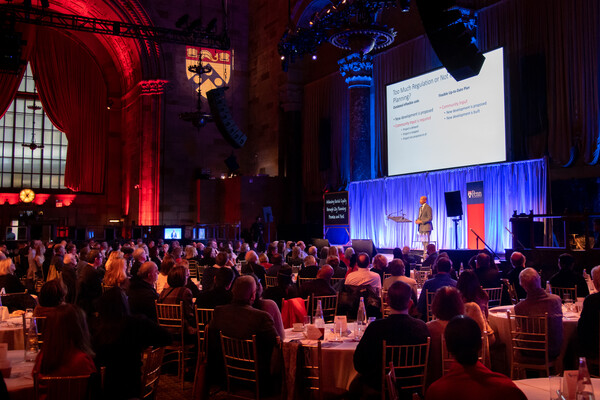
Articles from Michele W. Berger


Jing (Jane) Li of the University of Pennsylvania’s School of Engineering and Applied Science, and Li Shen of Penn’s Perelman School of Medicine. (Images: Courtesy of the School of Engineering and Applied Science and the Perelman School of Medicine)
Two from Penn named Distinguished Members of the Association for Computing Machinery

A team of researchers including Penn neuroscientist Michael Platt has been studying a colony of rhesus macaques on Cayo Santiago, a small Puerto Rican island, for more than a decade. (Image: Lauren Brent)
A link between social environment and healthy brains in wild rhesus macaques

Image: AP Photo/Peter Dejong
At COP27, Penn showcased its diverse climate expertise on the world stage
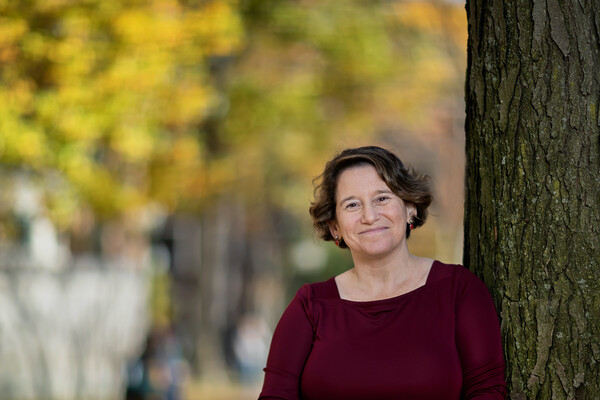 Wendy Roth is an associate professor in the Department of Sociology in the School of Arts & Sciences and a research associate in the Population Studies Center at the University of Pennsylvania.
Wendy Roth is an associate professor in the Department of Sociology in the School of Arts & Sciences and a research associate in the Population Studies Center at the University of Pennsylvania.
Who, What, Why: Sociologist Wendy Roth on genetic ancestry tests and race perception

Marci Hamilton, Professor of Practice in Political Science. (Image: Jason Varney/OMNIA)
Marci Hamilton works to prevent child sex abuse globally
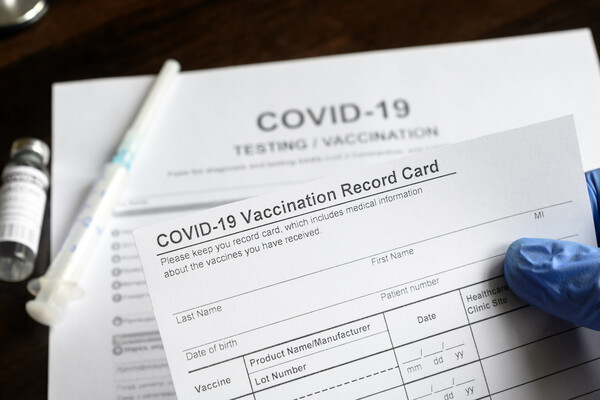
nocred
Unpacking barriers to COVID-19 vaccination in Latino communities
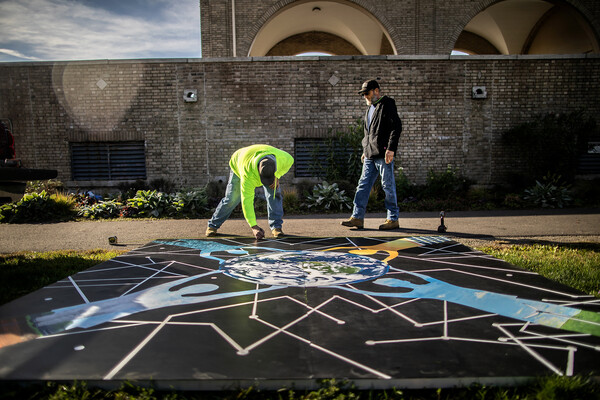
At 10 feet by 10 feet, the mural makes a statement all on its own. Yet if people want to learn more, a plaque alongside explains the artwork, the SDGs, and the overall project, plus includes a QR code scannable for additional information.
Through public art, the U.N. sustainability goals come to life
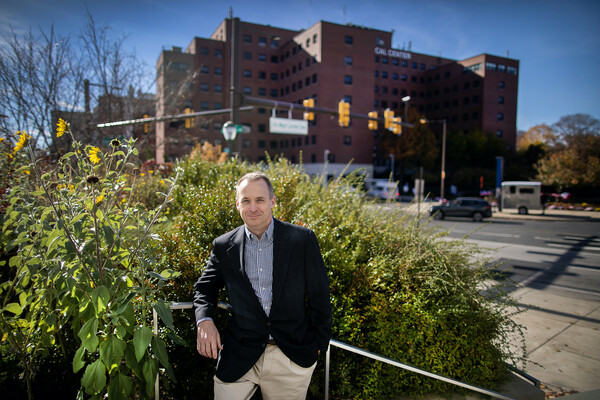
Ensuring equitable health care for veterans
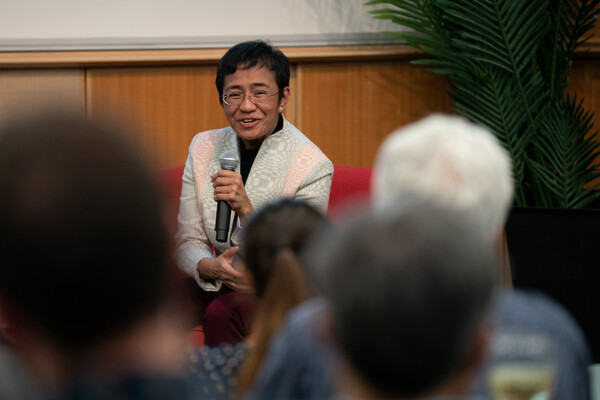
Journalist and activist Maria Ressa, a longtime CNN bureau chief who later co-founded Rappler, a digital-only news site in the Philippines, gave the annual Annenberg Lecture in early November.